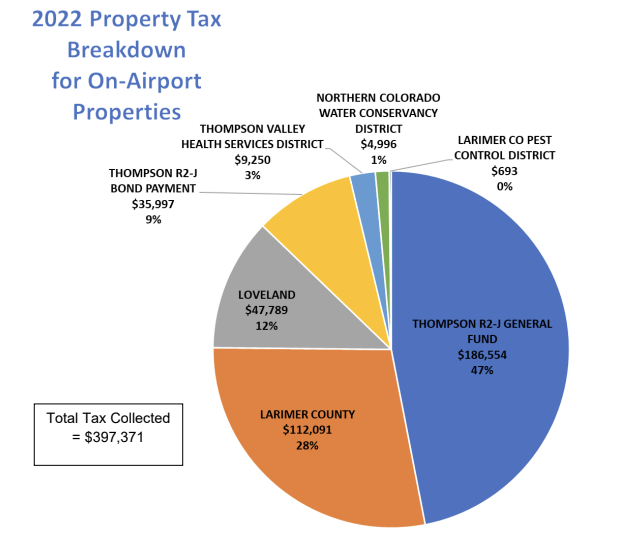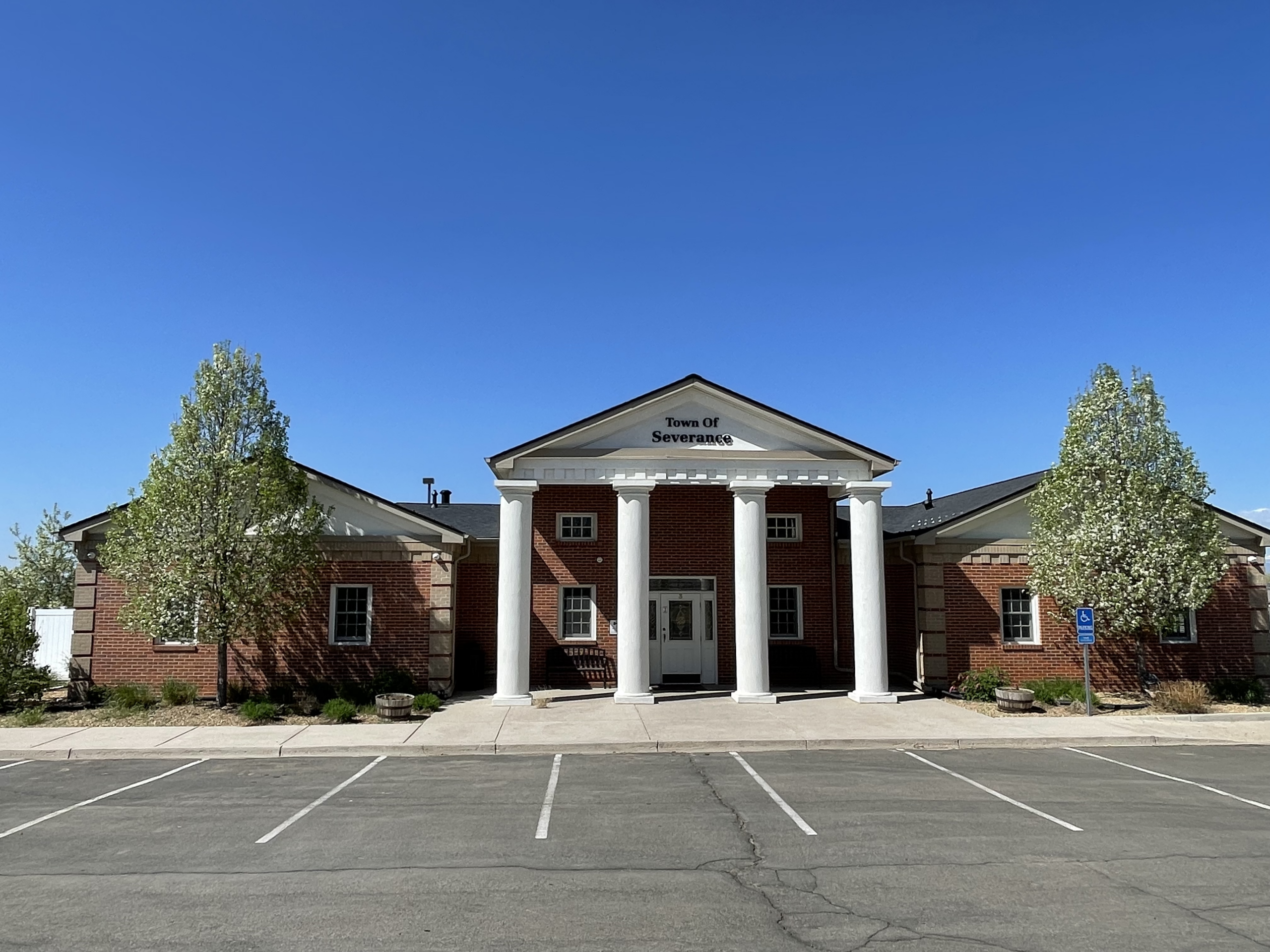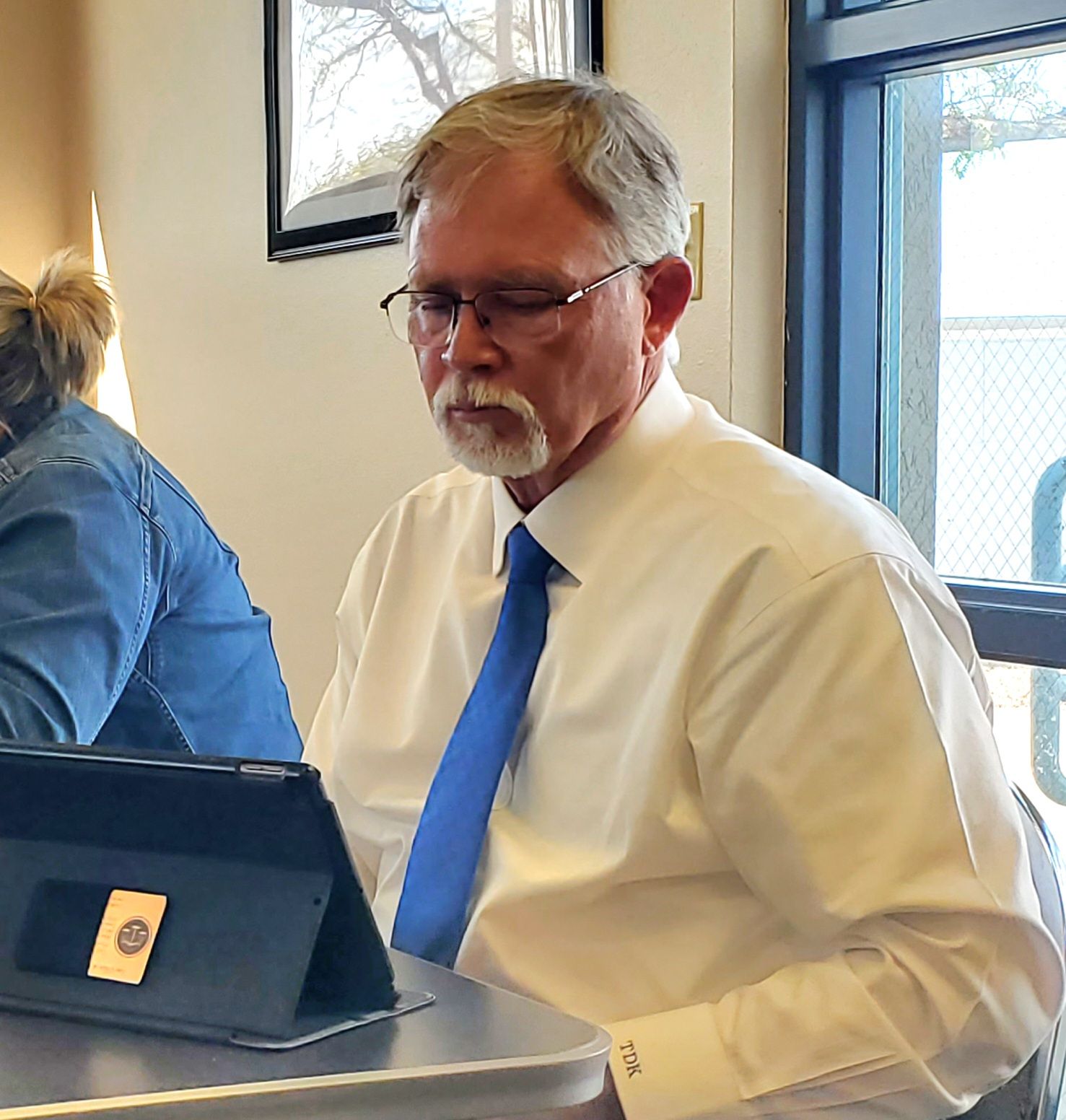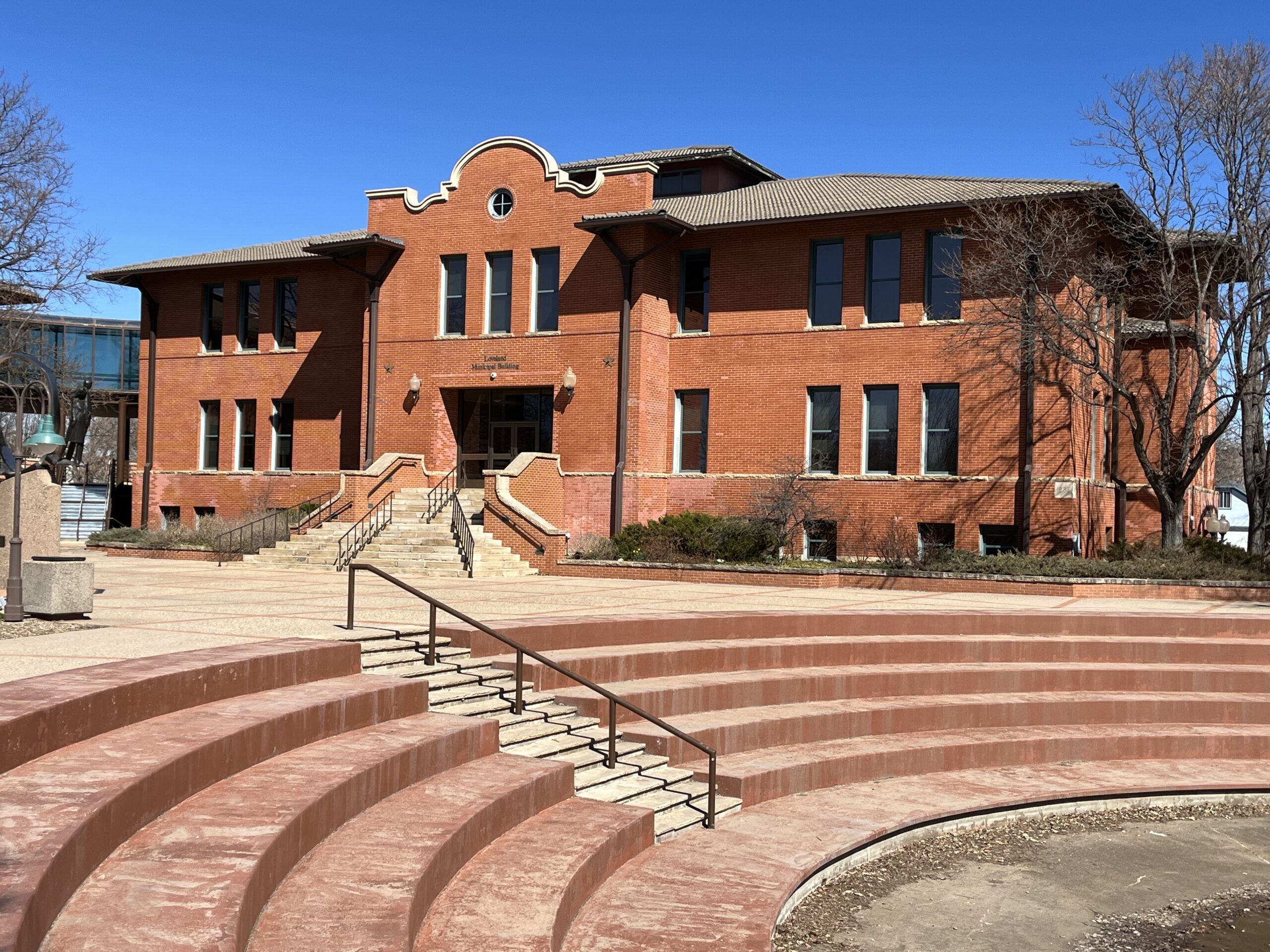Northern Colorado Regional Airport sets hangar leases, demolition plans

LOVELAND – Northern Colorado Regional Airport’s governing commission on Thursday extended leases for general-aviation tenants for at least three years in the 20-hangar “C” building while concluding that both the older 10-hangar “A” and “B” buildings would be demolished.
The airport’s master plan calls for the eventual development of larger hangars in the area of the hangars to incorporate larger commercial and business aircraft, and the “C” hangar month-to-month lease agreement drafted for Thursday’s meeting specified that the arrangement would last no longer than three years so that the redevelopment could begin. That prompted some strong pushback from commission member Jerry Stooksbury.
“I’m not comfortable with that constraint unless we’re also committed to having replacements built somewhere within that same time frame, or that this three-year timeframe becomes a four- or five-year timeframe,” Stooksbury said. “Given all the turmoil that this has created, we’ve got to put some civility back in.”
SPONSORED CONTENT
Owners of private aircraft housed at the airport had been in limbo for months, beginning in March, when the commission voted to evict airplane tenants in the A, B and C hangars at the airport over what it said were safety and liability concerns. However, pilots fought back and encouraged the commission to engage another engineering firm to do a more-detailed study. That study by Knott Laboratory concluded that the ‘C’ hangar could be saved with basic repairs, the B hangar might be saved but it would be costly, and the A hangar had served its useful life and should be demolished. At its June meeting, the commission rescinded eviction notices for tenants in the “C” building.
At Thursday’s meeting, interim airport director David Ruppel responded to Stooksbury that, “I think we’d need to keep our options open. I think three years would be a good initial expectation, but we don’t want to tie our hands and say we absolutely have to tear these down in three years. It might make sense for us to keep going at that point, but I think the important thing is that we set some expectation because that’s really what’s gotten us into some of these huge problems.”
However, Stooksbury pointed out that “we’re setting that expectation. We’re saying ‘no longer than three years.’ That’s pretty set, and I pretty don’t like it. I would like softer wording, like ‘at least three years.’ That leaves our options open.”
Referring to the plan to “open that up” for redevelopment in the “C” hangar area, Ruppel said “I’m comfortable with saying ‘at least three years,’ but part of our intent is to say to the tenants, ‘Don’t get comfortable.’ You’ve talked about how you’re interested in putting together a proposal to put in some new hangars. Let’s get that going. Three years is a reasonable time to get that going.”
Stooksbury said he’d like to insert a paragraph in the lease agreement “about what you just said, that it is our intent to have this ‘C’ area ready for development. That way, people know we’ve got both concerns.”
Earlier in the meeting, Ruppel explained the rationale for deciding to demolish the “B” hangars as well as the “A” building.
“In evaluating the ‘B’ hangars, as we were asked to do, the [Loveland] city engineer talked to the building official and they let us know that to make changes to those hangars to turn them into hail structures or something like that would require more than 50% change in the structure, which would mean we’d then have to bring it all up to code,” Ruppel said. “So to do that, it would be very expensive and, from their perspective, not practical. It would be cheaper for us to buy new structures than to redo those structures so they could be hail structures.”
Ruppel said the demolition of the “A” and “B” hangars would go out for bids on Monday, and bids for repairs to the “C” hangars would go out “in the first part of August.” By the commission’s August meeting, he said, “we should have some companies on board to do the actual work.”
The cost of the demolition work, which the commission expects to be $100,000 or less, would come out of the airport budget’s professional-services line item, but some of that cost might be reduced through salvage. The aluminum “A” hangars wouldn’t have much salvage value, Ruppel said, but the “B” building probably would.
Also next Monday, Ruppel said, Greeley-based Hensel Phelps Construction will begin building the airport’s new $22 million, 19,400-square-foot, two-gate terminal, which is being paid for with $16.9 million in federal Coronavirus Aid, Relief and Economic Security (CARES) Act dollars, plus $2 million from the airport’s budget, $1.6 million from a Federal Aviation Administration grant and $1 million each from the cities of Fort Collins and Loveland, who jointly own the airport. Officials hope the terminal project, coupled with the FAA-financed experimental remote tower project and expansion of the main runways from 100 to 150 feet wide, will position the airport to attract a fixed-route airline to Northern Colorado, which it hasn’t had since the loss of Allegiant Air, Elite Airways and Avelo Air.A groundbreaking ceremony for the facility was held July 13, and Ruppel said it should be completed and open by the end of 2024.
LOVELAND – Northern Colorado Regional Airport’s governing commission on Thursday extended leases for general-aviation tenants for at least three years in the 20-hangar “C” building while concluding that both the older 10-hangar “A” and “B” buildings would be demolished.
The airport’s master plan calls for the eventual development of larger hangars in the area of the hangars to incorporate larger commercial and business aircraft, and the “C” hangar month-to-month lease agreement drafted for Thursday’s meeting specified that the arrangement would last no longer than three years so that the redevelopment could begin. That prompted some strong pushback from commission member Jerry…
THIS ARTICLE IS FOR SUBSCRIBERS ONLY
Continue reading for less than $3 per week!
Get a month of award-winning local business news, trends and insights
Access award-winning content today!





